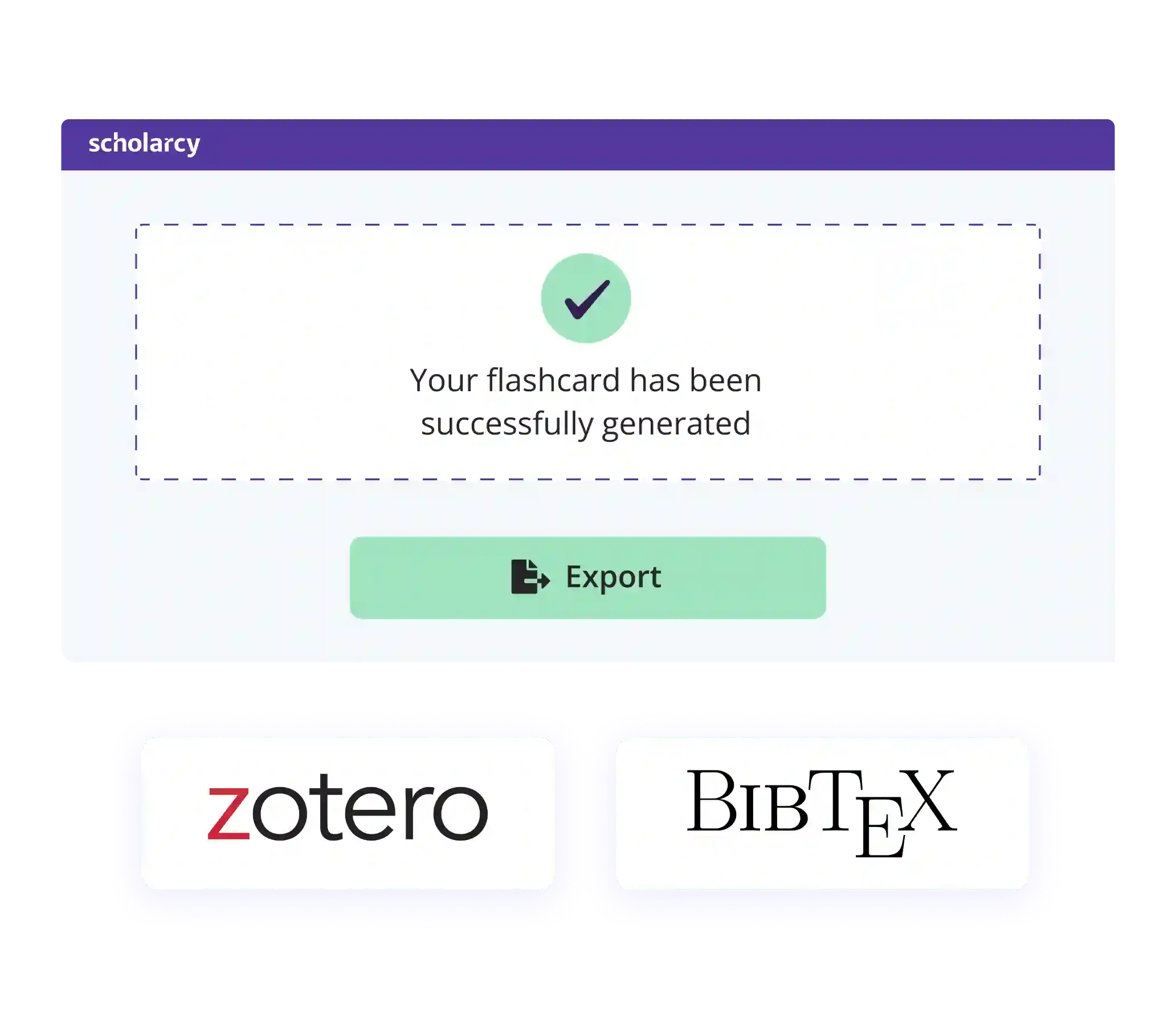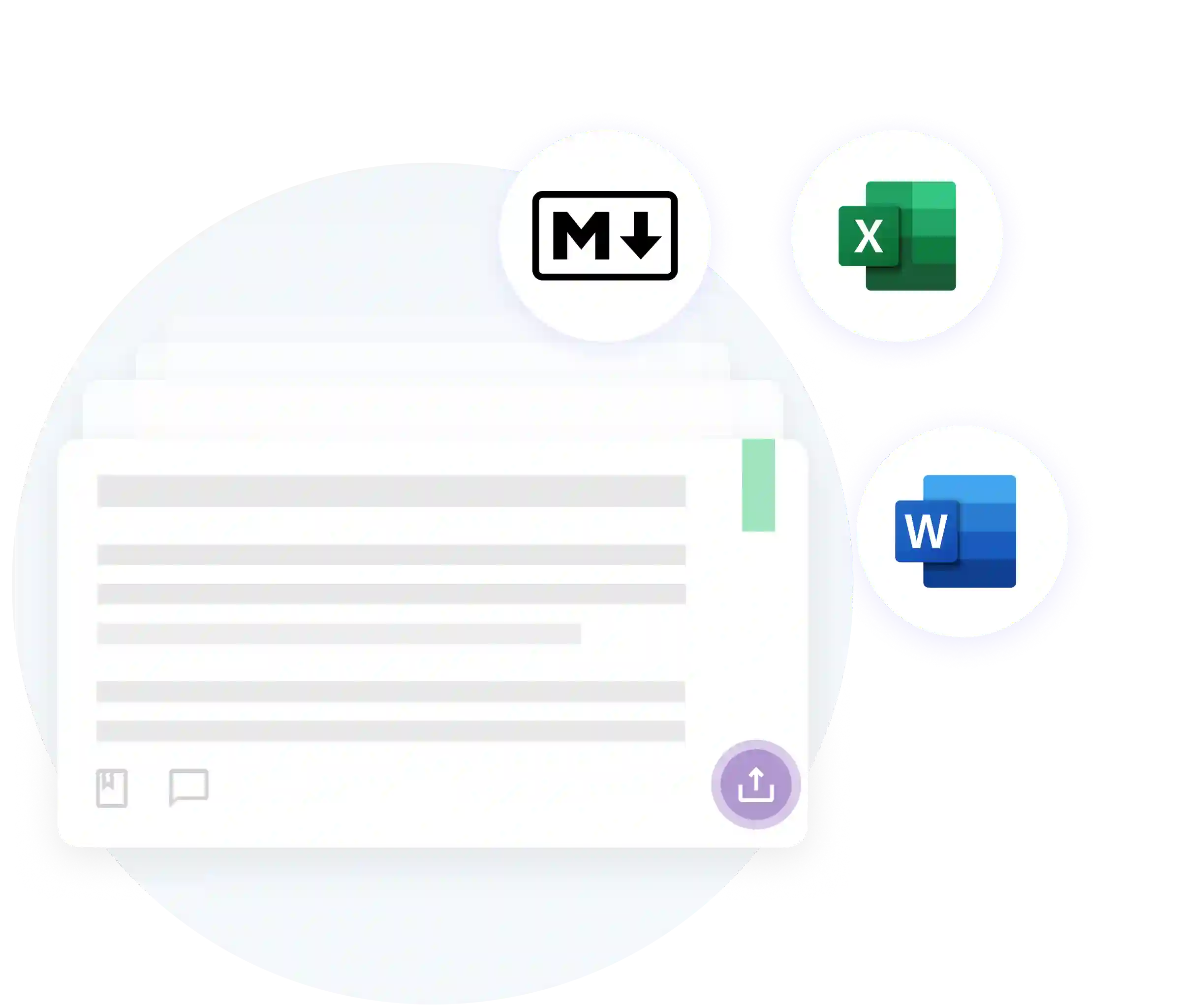Article Summarizer
Drop files here, or
Snapshot
This study has demonstrated that higher relative humidity and wind speed, and lower atmospheric pressure, were associated with increased pain severity in people with long-term pain conditions
Authors
Results
The study app was downloaded by 13,207 users over the 12-month recruitment period (Figs 1 and 2a) with recruitment from all 124 UK postcode areas. A total of 10,584 participants had complete baseline information and at least one pain entry, with 6850 (65%) participants remaining in the study beyond their first week and 4692 (44%) beyond their first month (Fig.
Conclusion
Explore this study
Change view
Try Scholarcy’s Flashcard Generator today
Import your papers and chapters to generate interactive summary flashcards that highlight key information, give you the definitions of key concepts, take you straight to the cited sources, and even more:
- Quickly see how a study compares to earlier research
- Download your references to import into your favourite reference manager
- Download your flashcard to import into your favourite knowledge management tool, including Roam, Obsidian and Notion

Each flashcard contains:
Key methods and results
Important claims and findings highlighted
Direct links to the full text of cited sources
Key concepts and their definitions
Comparative Analysis – see how the paper compares to earlier studies

Need more than just a summary?
Upgrade to Scholarcy Libraryand build a personal research library by turning your collections of papers, RSS feeds, and search results into interactive, summary flashcards that you can read, share and annotate on any device.
You can also export your flashcards to a range of formats including Excel,Word, RIS and Markdown to generate annotated bibliographies, knowledge graphs and more.